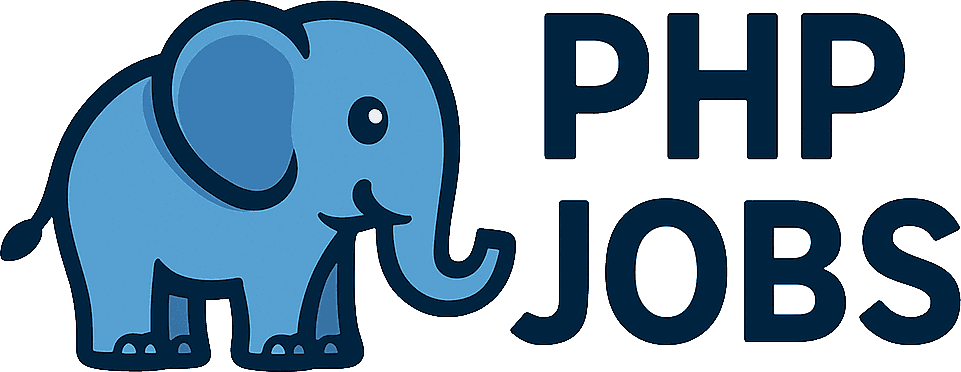Clean Architecture
PHP jobs requiring knowledge of Clean Architecture are focused on building highly maintainable, scalable, and testable applications. This software design philosophy, promoted by Robert C. Martin, emphasizes the separation of concerns by organizing code into distinct layers. The goal is to create a system where the core business logic is independent of frameworks, databases, and user interfaces.
Applying Clean Architecture in PHP
In a PHP context, implementing Clean Architecture means structuring the application so that business rules are not tightly coupled to a specific framework like Laravel or Symfony. This is achieved through layers:
- Entities: Core business objects containing application-agnostic logic.
- Use Cases (Interactors): Orchestrate the flow of data to and from entities to execute business rules.
- Interface Adapters: Convert data between the format needed by use cases and the format of external agents like databases or web frameworks.
- Frameworks & Drivers: The outermost layer containing tools like the web server, database, and UI.
Related Concepts and Benefits
Clean Architecture is closely related to other design principles like SOLID, Domain-Driven Design (DDD), and Hexagonal Architecture. Its primary benefit is flexibility; the framework, database, or UI can be changed with minimal impact on the core business logic, making the application resilient to technological shifts.

